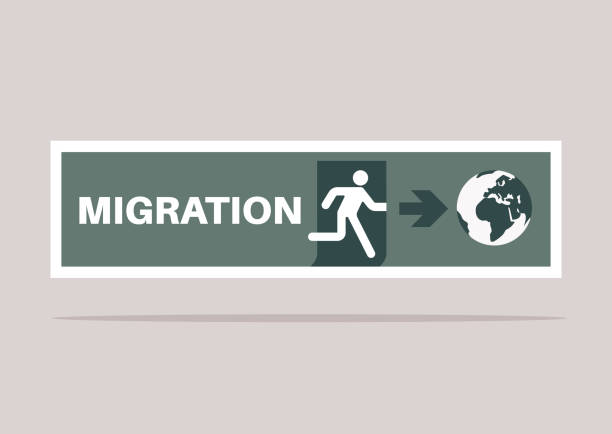
Immigration policy changes 2024
Immigration Policy Changes in 2024: What You Need to Know
As we move through 2024, various countries around the world have implemented significant changes to their immigration policies. These changes reflect evolving political, economic, and social priorities, and they can impact everything from work visas to asylum procedures. Here’s an overview of some of the key immigration policy changes in 2024 across major countries.
United States
1. H-1B Visa Reforms
- Lottery System Adjustments: The U.S. has made adjustments to the H-1B visa lottery system to prioritize applicants with advanced degrees from U.S. institutions.
- Wage-Based Selection: There is a greater emphasis on higher wage levels, aiming to ensure that the highest-paid and most skilled workers are selected.
2. DACA and Pathway to Citizenship
- DACA Protections: The Deferred Action for Childhood Arrivals (DACA) program continues to be safeguarded, with potential legislative moves to offer a more permanent solution for DREAMers.
- Citizenship Pathways: Proposals for clearer pathways to citizenship for undocumented immigrants who meet certain criteria have gained traction, though legislative hurdles remain.
3. Family Reunification
- Expedited Processing: Efforts to reduce the backlog in family reunification cases are underway, with a focus on streamlining processes and reducing waiting times.
Canada
1. Express Entry System Enhancements
- Targeted Draws: The Express Entry system now includes targeted draws for specific in-demand occupations to address labor shortages more effectively.
- Points Allocation Changes: Adjustments to the Comprehensive Ranking System (CRS) points allocation give more weight to factors such as Canadian work experience and proficiency in French.
2. Temporary Foreign Worker Program
- Simplified Process: Changes aimed at simplifying the application process for employers and reducing processing times for temporary foreign workers.
3. Family Sponsorship
- Quota Increases: Increased quotas for family sponsorship to help reunite more families more quickly.
United Kingdom
1. Skilled Worker Visa
- Relaxed Salary Thresholds: Adjustments to salary thresholds and points requirements to attract more skilled workers in critical sectors such as healthcare and technology.
- Fast-Track Options: Introduction of fast-track visa options for top talent in fields like science, engineering, and digital technology.
2. Graduate Route
- Extended Stay: The Graduate Route now allows international students to stay and work in the UK for up to three years post-graduation.
3. Immigration Health Surcharge Adjustments
- Health Surcharge: Modifications to the Immigration Health Surcharge to make it more affordable for immigrants and their families.
Australia
1. Skilled Migration Program
- Points System Updates: The points-based skilled migration program has been updated to favor younger applicants and those with high-demand skills.
- Regional Migration Incentives: Enhanced incentives for migrants to settle in regional areas, including additional points and support services.
2. Family Visas
- Faster Processing: Efforts to reduce processing times for family visas to help reunite families more quickly.
3. Humanitarian Visas
- Increased Quotas: Expanded quotas for humanitarian visas, reflecting Australia’s commitment to supporting refugees and asylum seekers.
European Union
1. Blue Card Directive
- Improved Access: Revisions to the EU Blue Card Directive to make it easier for highly skilled non-EU nationals to live and work in EU member states.
- Standardized Criteria: More standardized criteria across member states to reduce barriers and improve mobility for Blue Card holders.
2. Asylum and Refugee Policies
- Solidarity Mechanism: Implementation of a new solidarity mechanism to more evenly distribute asylum seekers among EU countries.
- Accelerated Procedures: Streamlined asylum procedures to speed up the processing of applications and reduce backlog.
Conclusion
The immigration policy changes in 2024 reflect a global trend towards attracting skilled talent, improving family reunification processes, and addressing humanitarian needs more effectively. Staying informed about these changes is crucial for prospective immigrants and employers alike. Whether you are looking to migrate for work, study, or family reasons, understanding these new policies will help you navigate the immigration landscape more successfully.





